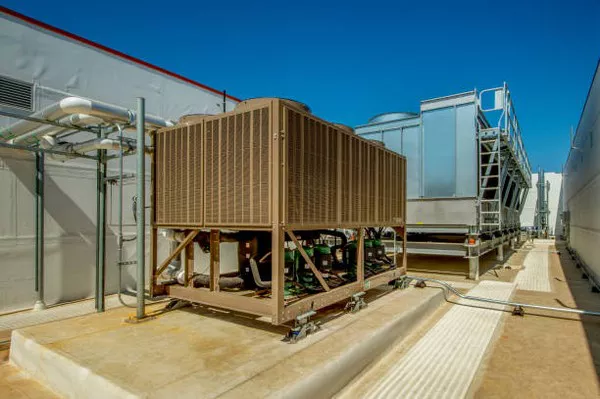Small generators play a pivotal role in providing power solutions for various applications, ranging from outdoor events to emergency backup systems. Despite their compact size, these generators pack a punch, capable of powering an array of devices and appliances. Understanding their capabilities is crucial for optimal utilization. In this article, we delve into the versatility of small generators, exploring what they can power across different scenarios.
Understanding Small Generators:
Small generators, also known as portable generators, typically range from a few hundred watts to around 10 kilowatts in capacity. They are designed for mobility and versatility, making them ideal for powering appliances and equipment in diverse settings. Powered by gasoline, propane, or diesel fuel, small generators convert mechanical energy into electrical energy through an alternator, providing a reliable source of power wherever it’s needed.
What Can Small Generators Power?
Household Appliances:
Small generators are capable of powering essential household appliances during power outages or in off-grid locations. These include refrigerators, freezers, lights, fans, and small kitchen appliances like microwaves and coffee makers. Depending on the generator’s wattage and the power requirements of the appliances, users can prioritize which devices to connect to ensure efficient operation.
Outdoor Events and Recreational Activities:
From camping trips to outdoor parties, small generators are indispensable for providing electricity in remote locations. They can power portable stoves, electric grills, camping lights, and speakers for entertainment. Additionally, small generators can recharge electronic devices such as smartphones, tablets, and laptops, ensuring connectivity and convenience even in the wilderness.
Construction Sites and Job Sites:
Construction sites often lack access to traditional power sources, making small generators essential for powering tools and equipment. These generators can energize power tools like drills, saws, and sanders, enabling uninterrupted work on-site. Moreover, small generators can power lighting systems for nighttime operations, enhancing safety and productivity.
Emergency Backup Power:
In regions prone to severe weather or frequent power outages, small generators serve as reliable backup power sources for homes and businesses. They can keep essential systems running, such as sump pumps to prevent flooding, heating systems during cold weather, and communication devices to stay connected with emergency services. With proper maintenance and fuel management, small generators offer peace of mind during unforeseen emergencies.
RVs and Boats:
For mobile living spaces like recreational vehicles (RVs) and boats, small generators provide the necessary power for appliances and electronics. They can run air conditioners, refrigerators, water pumps, and entertainment systems onboard, ensuring comfort and convenience while traveling or moored at a marina. Compact and lightweight generators are preferred for these applications, considering space and weight limitations.
Factors Influencing Power Output:
While small generators are versatile, their power output is influenced by several factors that users should consider:
Wattage Capacity: The wattage rating of a generator determines the maximum electrical load it can handle. Users should calculate the total wattage requirements of connected devices to avoid overloading the generator.
Starting vs. Running Watts: Some appliances, particularly those with electric motors, require higher power during startup (starting watts) than during operation (running watts). Users should account for this difference when sizing the generator for their needs.
Fuel Type and Efficiency: Gasoline, propane, and diesel generators offer different fuel efficiency and runtime characteristics. Users should choose the fuel type that best suits their requirements and ensure adequate fuel supply for extended operation.
Generator Size and Portability: Smaller generators are more portable but may have lower wattage capacities compared to larger models. Users should balance portability with power output based on their specific usage scenarios.
Noise Level: Generators produce noise during operation, which can be a concern, especially in residential areas or quiet environments. Users should consider the noise level of the generator and utilize sound-dampening techniques if necessary.
See also How Does Fuelless Generator Work? All You Need to Know
Conclusion:
Small generators offer versatility and reliability across a wide range of applications, from household backup power to outdoor adventures and construction sites. Understanding their capabilities and limitations is essential for maximizing their utility and ensuring efficient power management. By selecting the right generator size, considering power requirements, and adhering to safety guidelines, users can harness the full potential of small generators for their diverse power needs. Whether it’s keeping the lights on during a blackout or powering tools on a job site, small generators provide a dependable source of electricity wherever it’s needed most.

